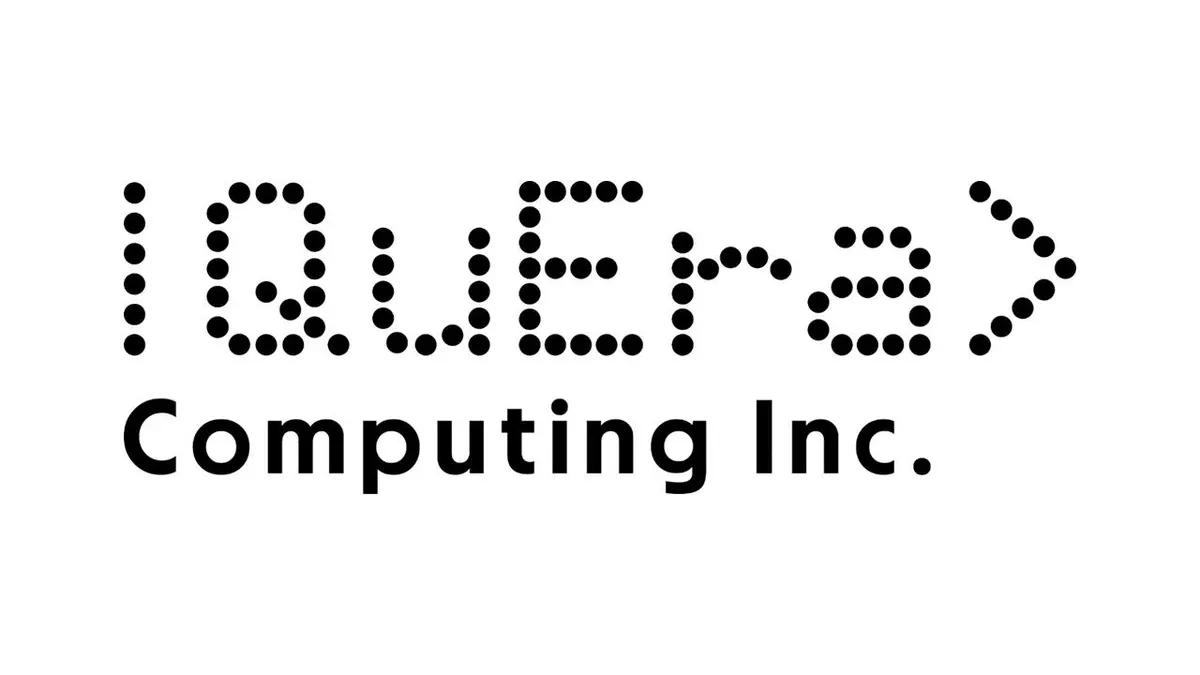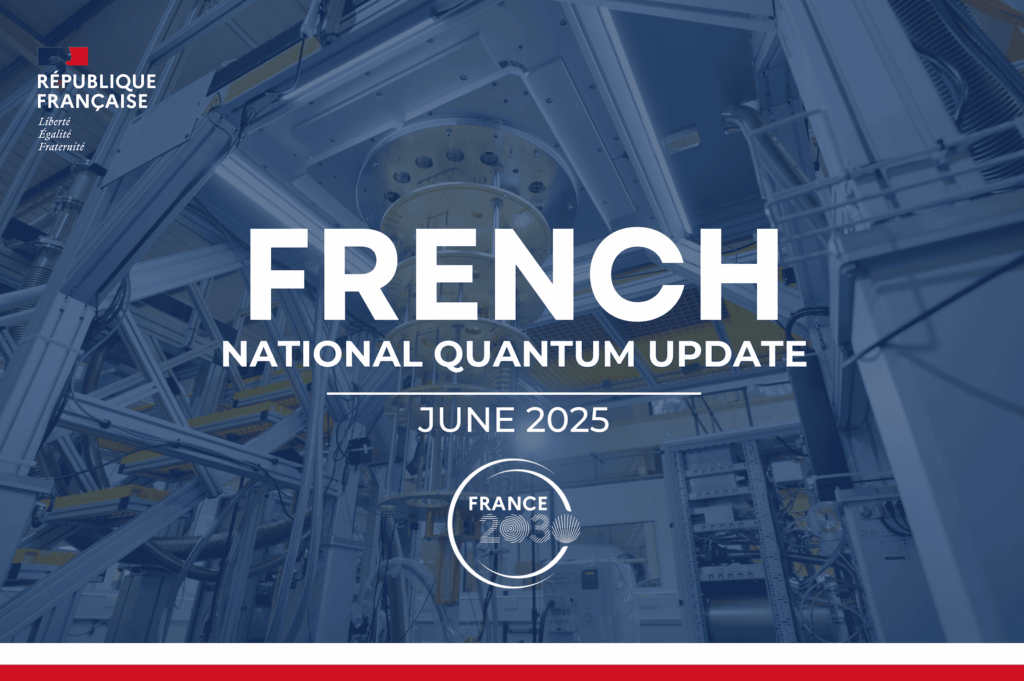Insider Brief
- QuEra Computing, the leader in neutral-atom quantum computers, announced it is adding local qubit control to its 256-qubit quantum computer – Aquila.
- This capability gives users a new degree of flexibility in programming qubits independently.
- The QuEra team said the enhanced capabilities represent an important next step on the company’s path to offering large-scale, fault-tolerant quantum computers.
PRESS RELEASE — QuEra Computing, the leader in neutral-atom quantum computers, announced it is adding local qubit control to its 256-qubit quantum computer – Aquila – to further broaden the set of problems that it can address. Also known as local detuning, this capability gives Aquila’s users a new degree of flexibility in programming qubits independently and represents an important next step on the company’s path to offering large-scale, fault-tolerant quantum computers. The local detuning capability is now available on Amazon Braket, through which QuEra’s quantum computers have been available to the public for over 18 months. The new capability comes alongside two additional enhancements to the already powerful qubit position programmability, enabling more flexibility in user-defined qubit arrangements, and larger system sizes.
“QuEra’s progress towards universal, fault-tolerant quantum computers proceeds along two paths: scale and control. QuEra’s publicly-available machine Aquila already leads the industry with 256 qubits, and we are now adding a substantial new degree of local qubit control” said Alex Keesling, CEO at QuEra Computing. “This functionality gives users additional levels of programmability not yet offered in other comparable devices. We are continuing to innovate with our analog quantum capabilities while developing the digital gate-based systems that we announced earlier this year.”
Quantum computers with analog capabilities, such as QuEra’s Aquila, are effective at solving machine learning, optimization, simulation problems, and other similar types of computations. Adding new degrees of programmability to the system’s qubits and extending the range of the already available qubit position programmability, now provides users key advantages for computing a wider class of problems in each of these categories.

First, controlling individual qubits locally means that their starting states can be individually altered, as opposed to the global control methods previously available. Commonly known as ‘state preparation,’ beginning operations with qubits in multiple starting states allows computing on a much broader range of input data. For studying dynamical phenomena in physics using quantum simulation approaches, this capability enables stating the dynamics in a range of non-trivial, non-equilibrium states.
Second, by encoding input data into the pattern of analog detuning magnitudes applied to different qubits, Aquila can operate on more general classical data, opening the door to more powerful machine-learning workflows and many other real-world applications. This innovation allows for the encoding of both classification and prediction machine learning problems, as well as optimization problems, directly onto the hardware. This drastically simplifies the implementation of many classes of problems on the quantum computer, including a wider range of optimization problems and even enabling generative machine learning functionality.
The comprehensive new capability of local qubit programmability will deliver measurable and tangible value across multiple industries. For example, in the pharmaceutical sector, modeling how proteins fold or how molecules bind can now be mapped into an optimization problem and encoded directly on Aquila using local detuning. This could become an important tool for computer-aided drug discovery, and could even assist in later stages of the drug development process, such as reducing the costs of clinical trials and increasing the success rate of regulatory approvals.
“The enhanced position programmability is indeed crucial to expanding Aquila’s capabilities for quantum simulations,” said Arnab Banerjee, Assistant Professor of Physics and Astronomy at Purdue University. “Recently, we tested this new capability and were able to sort new complex geometries for a project that probes new quantum phases, and we are very excited about the successful results.”
“As early users of the upgraded Aquila device, we’re thrilled with its new features that have enabled initial experiments on string breaking, showcasing the sophisticated potential of quantum simulations within lattice gauge theories,” said Peter Zoller, Professor of Theoretical Physics, University of Innsbruck.















